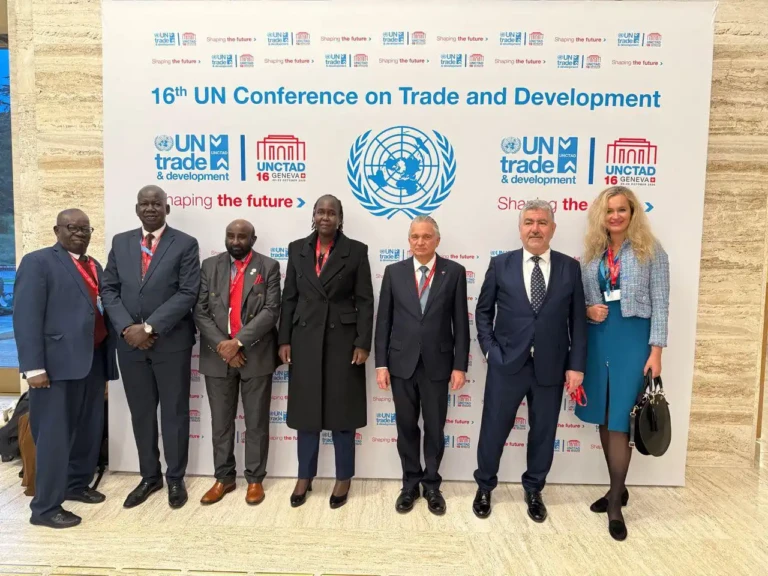
Fuel Reserves Urged as Global Oil Market Shakes/Aweil News Agency
(Aweil) – A South Sudanese economist has advised the government to build up fuel reserves to prepare for possible shortages if the ongoing tensions between Iran and Israel disrupt global oil supplies. The warning comes amid rising international concern over the conflict’s impact on energy markets and oil prices.
Mach Maker, an economist based in South Sudan, said the country could be affected if the war between the two Middle Eastern countries escalates. He noted that South Sudan, which relies heavily on imported fuel and global oil trade, must take steps to prepare in advance.
“My message to the South Sudan government is that there is a need to store enough fuel so that, should the war escalate, the country will be able to have enough,” Maker said. “This can help avoid shortages and crises.”
The Iran-Israel conflict, which has involved missile strikes and threats of further military action, has already caused nervous reactions in global markets. Oil prices rose sharply in response, with concerns that supply chains could be disrupted if the Strait of Hormuz, one of the world’s busiest oil shipping lanes, is closed or affected.
Iran has previously threatened to close the strait, which would impact many countries, including South Sudan, that depend on smooth international oil flows. Though South Sudan exports its own crude oil, it still depends on refined fuel imports to run transport systems, power generators, and other essential services.
Economists believe that a disruption in supply or a continued rise in global fuel prices could cause inflation in countries like South Sudan, where fuel is already expensive and logistics infrastructure is fragile. As of June 23, 2025, one US dollar is equivalent to 4,612.41 South Sudanese Pounds, according to the official exchange rate from the Bank of South Sudan. Rising fuel prices in US dollars could translate into unaffordable local fuel costs if not controlled.
Maker’s call to action adds to growing voices urging policymakers to treat fuel storage as a national security priority.
South Sudan, with its past experience of fuel shortages during border closures and conflicts in neighboring Sudan, is particularly vulnerable.
The government has not issued a formal response yet, but economic observers say proactive measures would save the country from panic buying, inflated prices, and service disruptions if the Middle East situation worsens.
Discover more from Access Radio Yei News
Subscribe to get the latest posts sent to your email.







